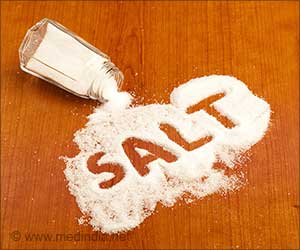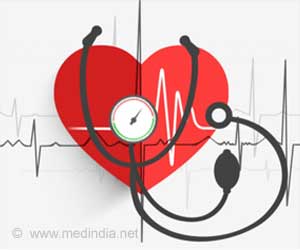A new study claims that, blood pressure of shock patients can be stabilized better with norepinephrine than dopamine.
Daniel De Backer, at Erasme University Hospital in Belgium, compared 28-day mortality in 1679 patients treated for shock with dopamine or norepinephrine in Austria, Belgium and Spain between 2003 and 2007.Most of the patients (62.2 percent) in the European trial had septic shock, 16.7 percent had heart failure and 15.7 percent hemorrhage.
The authors of the clinical study reported no overall difference in death rates at 28 days.
The heart arrhythmias were almost twice as common in the dopamine group and mortality was higher for patients with cardiogenic shock treated with dopamine.
Jerrold Levy, deputy chair for research at Department of Anesthesiology, Emory University School of Medicine, said: "Dopamine has been commonly used as a first-line therapy for shock at many hospitals for years, partially because of the widespread perception that norepinephrine is associated with adverse events.
"The current study supports the concept that shock from any cause carries a high risk of death, and raises significant concerns about the safety of dopamine."
Advertisement
Levy added: "The data challenge consensus guidelines that recommend dopamine as the initial vasopressor for increasing arterial pressure in the case of septic shock or cardiogenic shock.
Advertisement
Levy's editorial has been published in the New England Journal of Medicine (NEJM).
Source-ANI
TRI









